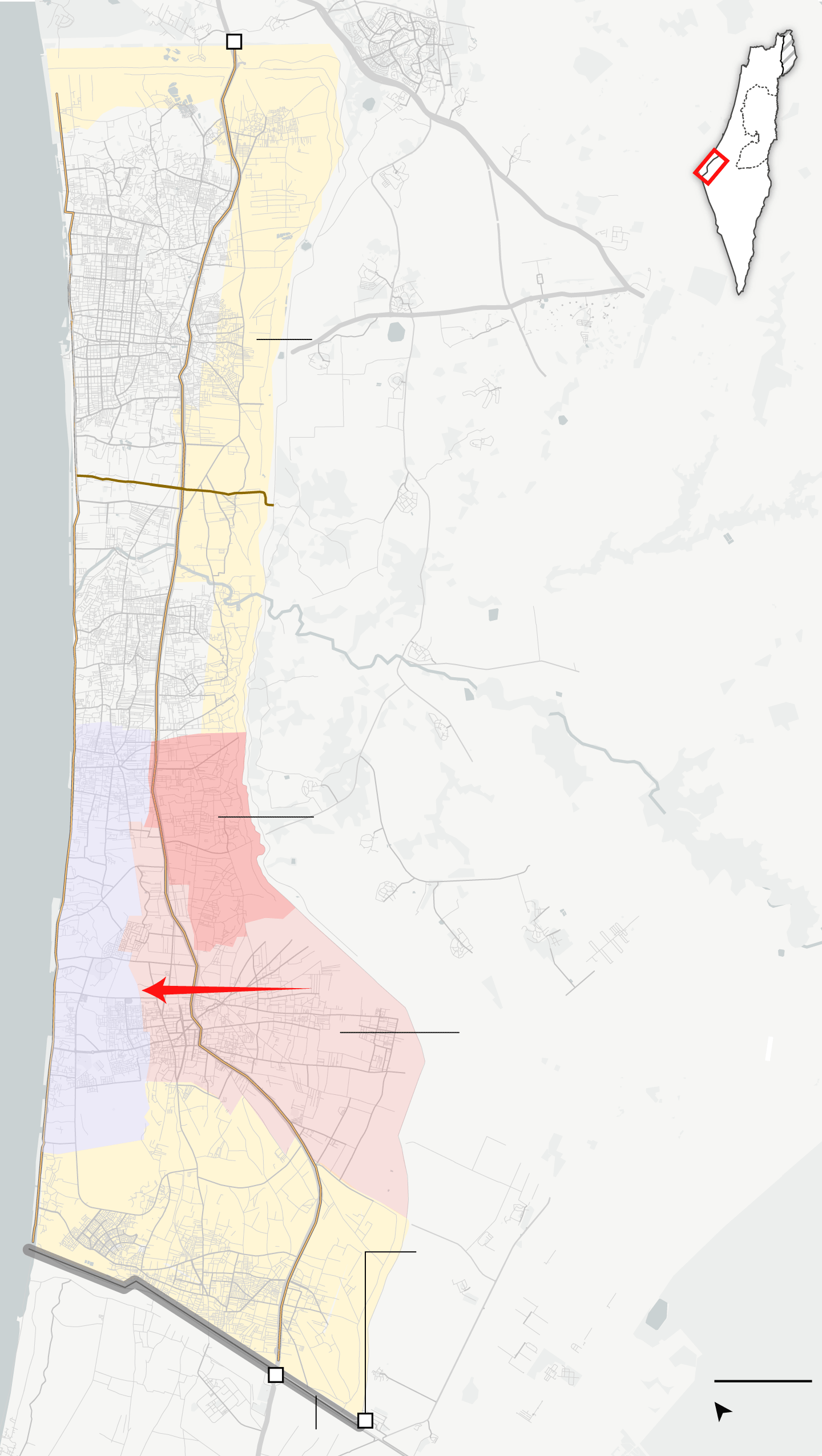Israel’s government has confirmed that ongoing ceasefire talks in Doha between Israeli and Hamas negotiators now include the potential to end the war in Gaza, according to an official statement from Prime Minister Benjamin Netanyahu’s office on Sunday, May 18, 2025.
The negotiations, brokered by Qatar with support from Egypt and the United States, have so far focused primarily on securing a temporary truce and the release of Israeli hostages. However, the new development signals that Israeli leadership is now willing to explore a broader and more permanent solution, raising hopes—albeit cautiously—that the brutal conflict may be approaching a turning point.
In the statement, Netanyahu’s office noted that the Israeli delegation has been empowered “to work on a framework that includes either a temporary truce or a complete end to the war—provided certain core conditions are met.” These conditions reportedly include the release of all hostages, exile of top Hamas leaders from Gaza, and the complete demilitarization of the Strip.
While the Israeli government has so far refused to consider a ceasefire without the total dismantling of Hamas, this is the first time it has formally acknowledged that a comprehensive end to hostilities is on the table. The shift comes amid international pressure and mounting criticism over Israel’s military campaign, which has killed over 53,000 Palestinians since it began in October 2023, according to Gaza health authorities.
The talks in Doha are being held behind closed doors, with Qatari and Egyptian intelligence officials shuttling proposals between the two sides. U.S. officials are also present and reportedly playing a significant role in pressing both parties toward a breakthrough.
Meanwhile, Hamas has offered a 60-day ceasefire, conditioned on increased humanitarian aid, withdrawal of Israeli troops from key areas in Gaza, and a phased release of hostages. The group has not publicly responded to Israel’s new position but has repeatedly stated that any long-term ceasefire must come with international guarantees and an end to the blockade of Gaza.
The United Nations and humanitarian organizations have welcomed the development, calling it a vital step toward alleviating what the UN describes as a “man-made famine” in Gaza. The World Health Organization reports that medical infrastructure is near total collapse, and over a million Palestinians remain displaced, lacking food, clean water, and shelter.
Despite the promising rhetoric, skepticism remains high. Netanyahu’s government, under intense political pressure from both domestic hardliners and international allies, may find it difficult to reach consensus on any deal that allows Hamas to retain influence in Gaza. Likewise, Hamas is unlikely to agree to total demilitarization without guarantees for Palestinian governance and reconstruction.
As the war grinds into its eighth month, both sides appear to be calculating the costs of continued fighting versus the political risks of compromise. Whether the Doha talks will produce real progress or stall like previous efforts remains to be seen. For now, the inclusion of an “end-of-war” option marks a potentially historic shift in the dialogue—and a glimmer of hope for millions trapped in the crossfire.
Source; Reuters



